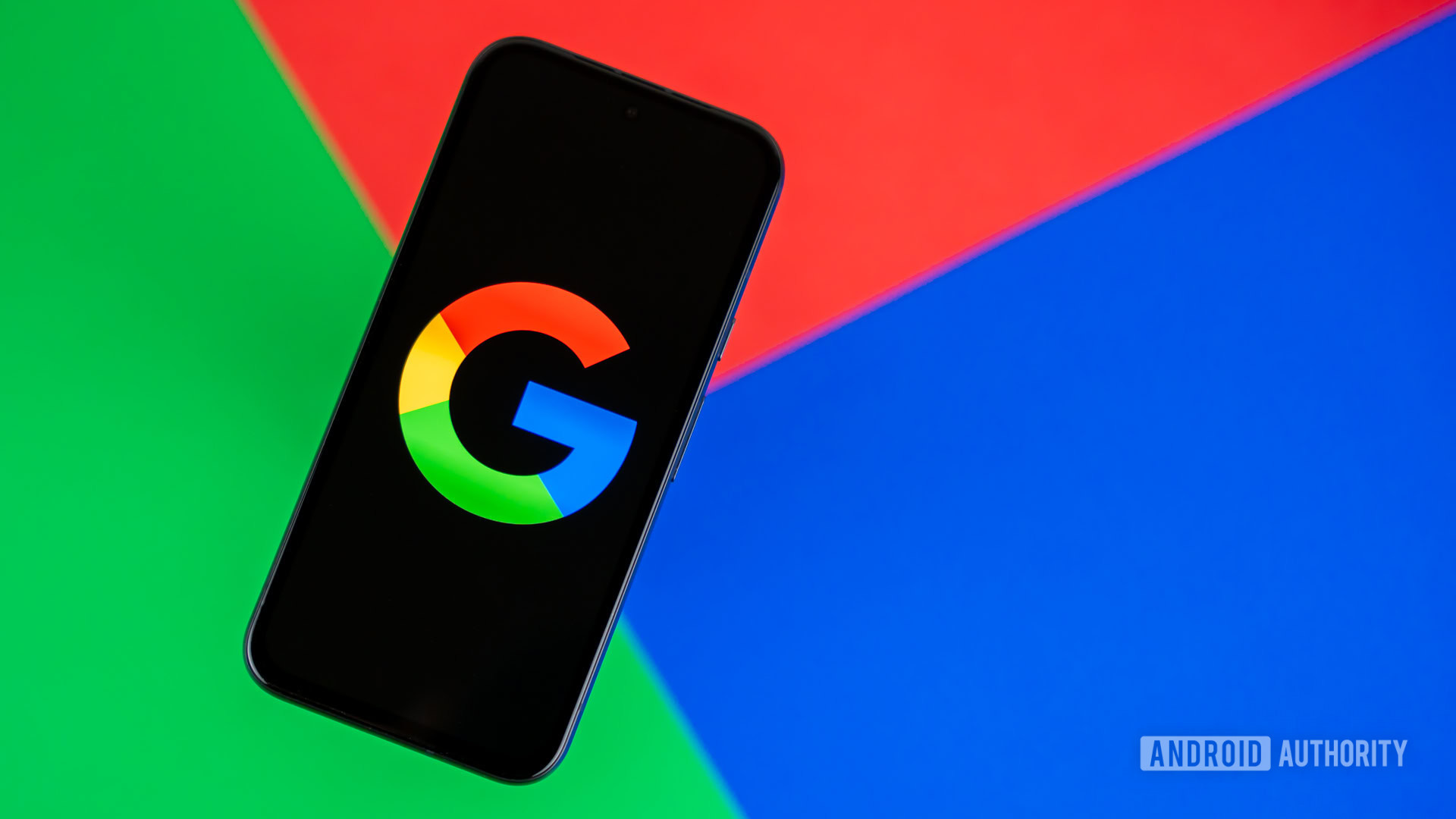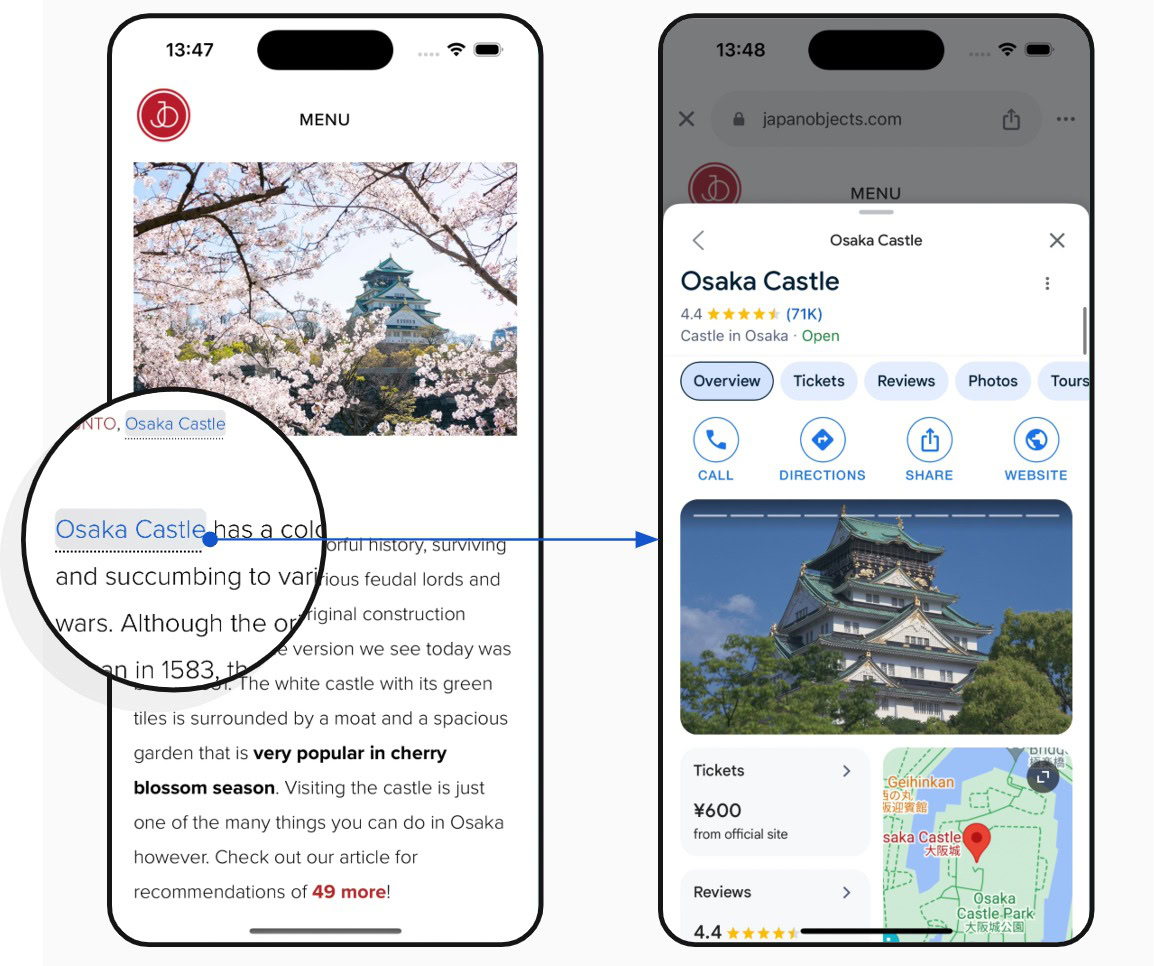
Edgar Cervantes / Android Authority
TL;DR
- Google has announced a Page Annotation feature for the iOS version of the Google app.
- This feature sees Google inject links to its Knowledge Graph results on third-party websites.
- Google requires publishers to opt out via a form, but this process could take 30 days.
It’s not unheard of for Google to introduce new features to its iPhone apps first. However, the company’s latest addition to Google for iOS is bound to stir up some controversy.
Google quietly announced (via Search Engine RoundTable and 9to5Google) that it’ll inject links to its Knowledge Graph results on third-party websites. The so-called Page Annotation feature is currently limited to the Google app for iOS, but it’s unclear if the company plans to bring this to the Android app. Tapping one of these links will show a pop-up window over the third-party webpage, displaying Google’s information about people, places, or things. Users can hit the back arrow, tap the “X,” or swipe down to close the pop-up window and go back to the website in question.

This certainly raises some questions, particularly in light of Google’s antitrust scrutiny. What’s especially concerning is that this is an opt-out feature, so websites will be forced to display these injected links by default. Google is allowing website owners to opt out via a form, but the company says this could take as long as 30 days.
What do you think of Google’s Page Annotations feature?
4 votes
It’s also worth noting that this could potentially be a messy experience for users if they’re on a webpage with plenty of in-text links to begin with. Aside from the potentially unpleasant visual experience of seeing a ton of links, readers might not be sure whether the link they’re going to tap will take them to another page on the site or Google’s pop-up window.
